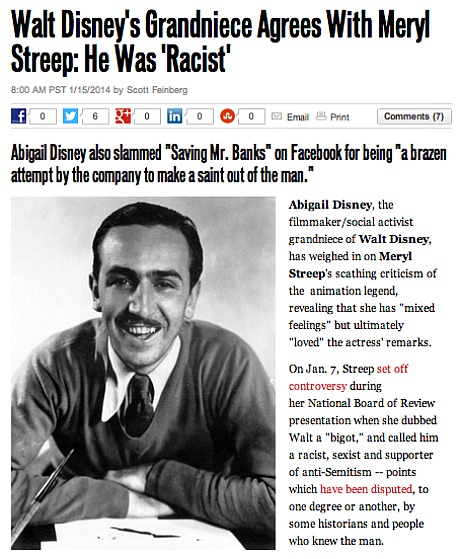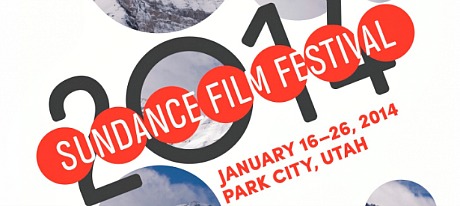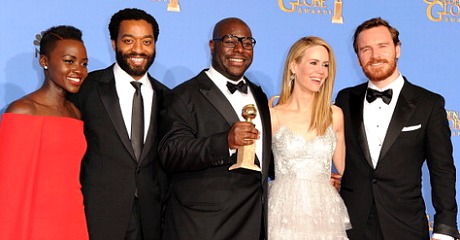Curtis Reeves, a 71-year-old former Tampa police officer, shot and killed a man this afternoon inside a Tampa movie theatre, reportedly over a texting argument. It happened during a showing of Lone Survivor at the Cobb Cine Bistro in a Tampa suburb called Wesley Chapel. The victim has been identified as Chad Oulson, a husband and father who reportedly had explained to Reeves that he was texting his three-year-old daughter. Oulson’s wife Nicole was also shot but only in the hand — i.e., not fatally.
A local news report includes the following (and this is the key thing): “A witness recalled seeing [Reeves] get up and leave in an apparent attempt to find a manager. When he came back alone, the argument escalated.” In other words, if a theatre manager had calmly but firmly intervened and insisted that Oulson stop texting (or that he needed to text from the lobby), it’s entirely possible that Reeves would have felt placated and wouldn’t have shot Oulson.
I blame Reeves, of course — this was obviously the act of an unstable personality. But the errant manager of the Cobb Cine Bistro, I feel, bears a portion of the responsibility.
Management never gets involved in these matters. Talkers, texters, bellowing apes…managers are always unavailable. They always chicken out, hiding in their offices, “busy,” etc. Movie theatres have become chaotic, emotionally dangerous environments to some extent. Handguns, cell phones, hair-trigger rage…it’s Dodge City out there. I know — last month I dealt with an asshole who wouldn’t shut up during a screening of The Wolf of Wall Street, and all I did was stare at the guy and he was thisclose to starting something with me.
This was a problem from the get-go because it was a generational dispute — Reeves is retired (probably in his late 60s or early 70s) and Oulson, the father of a three-year-old, was presumably fairly young — a member of the texting generation who probably had a comme ci comme ca attitude. And then along came Dirty Harry — a conservative man who undoubtedly felt that that Oulson was being unconscionably selfish and violating his rights as a moviegoer, and who couldn’t hold it together. And who was packing.
Read more





